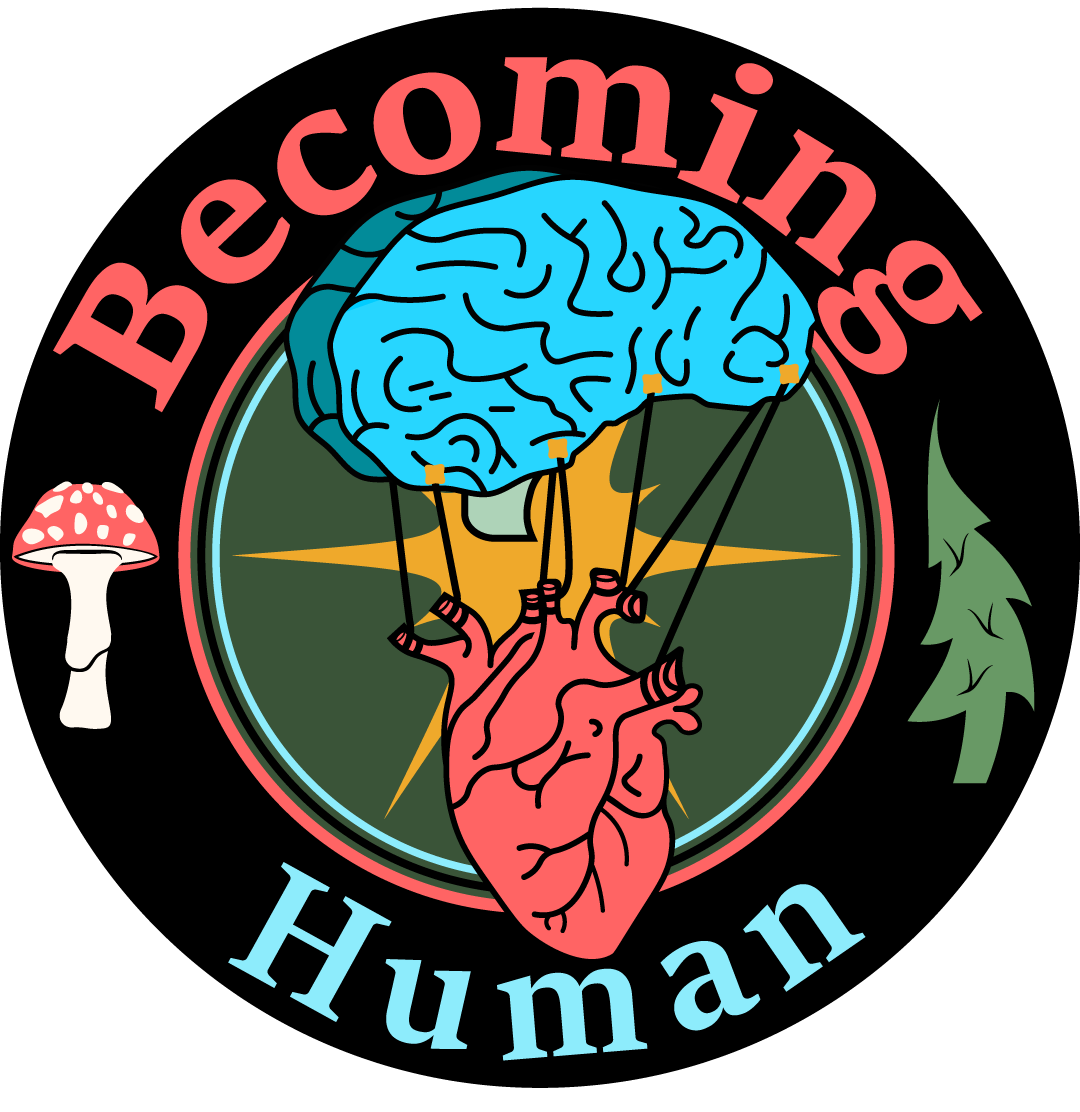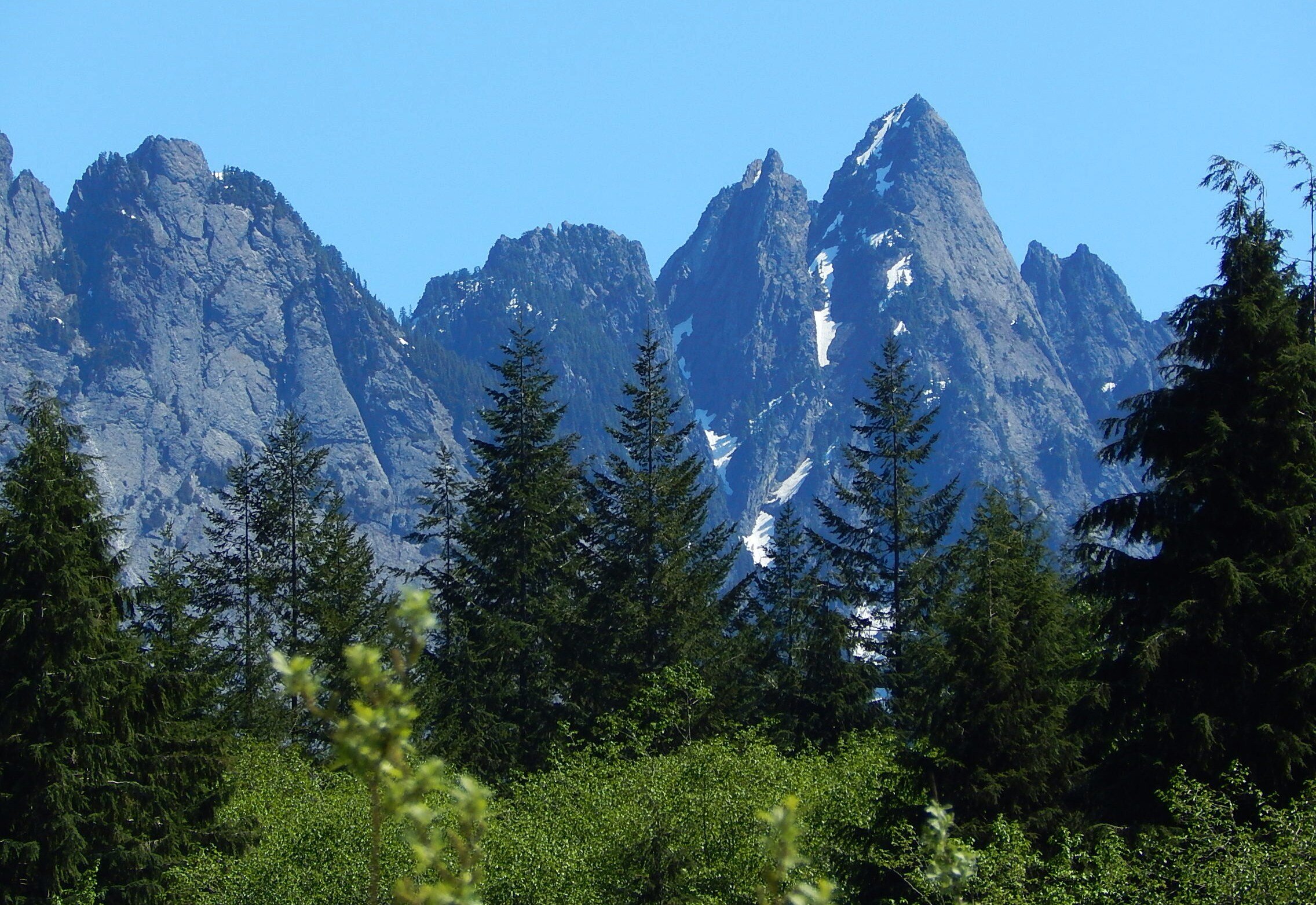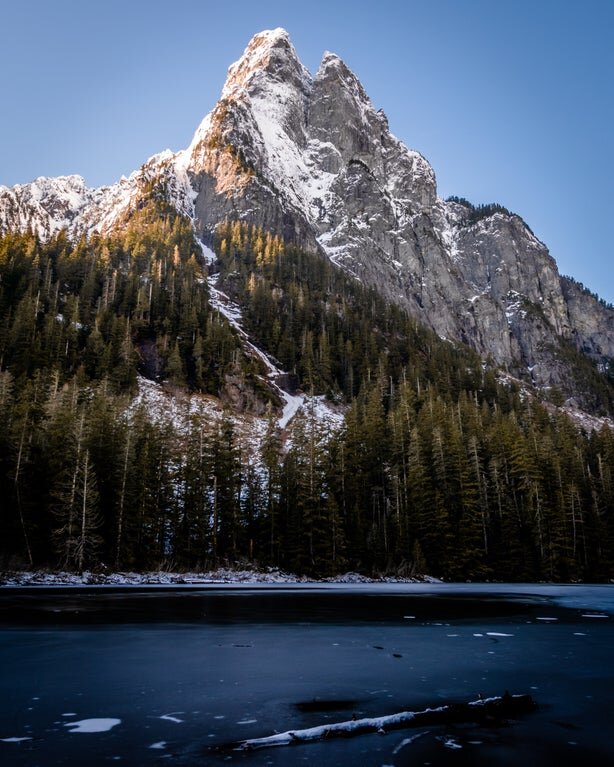#150 | Pete Doorish And Bryan Burdo - Legendary Explorers of The Cascades
Pete Doorish and Bryan Burdo have set many First Ascents in the mountains of the Cascades in Washington. Pete is known for obscure and big wall first ascents along with some epic adventures that’ll leave your heart leaping for comfort. He has been climbing for over 50 years starting before the emergence of sport climbing and gym climbing. His passion evolved from climbing and first ascents to long adventures on High Routes in the Cascade mountains. Kyle Mccrohan wrote an article with some incredible adventures of a similar style
Bryan has set one of the longest bolted sport routes in the United States totaling 1800 feet of pitches no harder than 5.9. He had started setting routes during the emergence of sport climbing and using fixed protection. His route setting style emphasizes safety even on all difficulties of climbing including easy climbs which was an unusual practice of his time. He is a prolific route setter with 100’s of first ascents in the Methow Valley in Washington and many more throughout the state.
Pete and Bryan have a deep friendship and a long history of adventures.
Despite their passions no longer intersecting, they are close friends with ever-growing bonds. I see them as prolific adventurers climbing new routes in the Cascades in a time where climbing culture was emerging, beta was becoming less scarce, and adventure was more likely happenstance.
I look at Pete and Bryan as the embodiment of an adventurer and how it fits into our modern lives. They pursued passions that required them to confront and manage risk. Our life is tremendously easier than that of the intensity of wartime or maybe the physical and psychological demands of our pre-modern life. It is not to say that we do not experience adversity, some more than others, but there is a value in physical and psychological adversity.
Imposing constraints on other people because you believe it to be good for them has a lot of inherent problems. Rather, voluntary suffering, adversity, and even risk of life(whether real or felt) through recreation(a self-inspired hobby) may provide us the benefits of living in a world not as safe and comfortable as ours without disavowing making the world a better and less severe place. It is not that a person goes out to face risk wanting to die, it is that someone goes out to face a risk they believe they can manage and the commitment is dire consequences. However, the aim is to experience play in the context of your recreation while managing the risk to live another day. This dynamic is powerful for self-development.
For Pete and Bryan, over time they would find ways to more impeccably manage risk while achieving their goal. This encapsulates a kind of learning that I believe applies to a fundamental skill which is cost-benefit analysis. The cliche in our society is a partying teen pushing their limits and being foolish. Another example is Peter Doorish, partying into the night pushing his limits on a rock wall, and being foolish with wild bouts of adventure. However, this practice extends beyond your teenage and college years. Your recreational passions will last you as long as your body and love for the activity persist. As Bryan and Pete age in years and experience, they develop their risk-reward principles to a higher degree as a consequence of their chosen recreation.
If you don’t have a career that imposes this skillset then how would you improve your ability to mitigate and take risks? Taking risks is an important skill in modern life that is no longer essential but highly rewarding financially and spiritually.










